ACCESS YOUR RESULTS ANYWHERE YOU GO
Download our free mobile app to view your results while cooking, traveling, grocery shopping, or dining out!

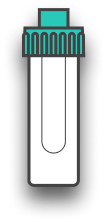


• 1 Pair of Disposable Gloves
• Water Sample Jar
• Pipette
• Test Cassette
If one or more of these items are missing, please email us at info@5strands.com or call us at 833-600-8378.


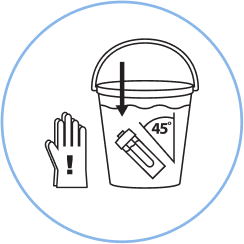
Fill the provided sample container with water.
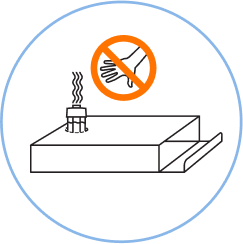
Leave the container to stand for 10 minutes. A chemical reaction will occur and heat up the container.
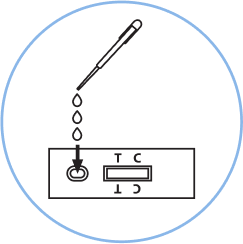
Use the included pipette to place one drop of water into the provided analysis slide’s aperture.
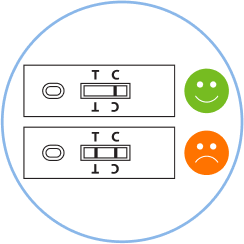
Review your results in 15 minutes! 1 line at C = No Blue-Green Algae Toxins detected. 2 Lines at C = Harmful Blue-Green Algae levels detected.

$24.95
5Strands excels in offering premier food sensitivity testing solutions, focusing on enhancing your health and wellness journey through our straightforward, lab-based testing kits. *Disclaimer: The information derived from 5Strands tests is meant for informational purposes only and is not to replace professional medical consultation. These insights are not intended for diagnosing, treating, or managing any health or medical conditions. Should your symptoms cause concern, it is imperative to seek advice from a healthcare provider. The content on our website serves an educational role and should not be used to neglect or delay seeking professional medical care. 5Strands interprets Food Sensitivity through bioresonance technology. Please be aware that 5Strands tests are not designed to detect celiac disease or lactose intolerance. Also, our testing services are not offered in the state of New York. Numerous clients have noted improvements in their health and well-being after using the 5Strands test, as reported by various research surveys
Chosen by Over 345,000 Health-Focused Individuals
Your cart is currently empty
Regular price
$196.00
Sale price
$136.00
Regular price
$133.00
Sale price
$123.00
Regular price
$86.00
Sale price
$83.00
Regular price
$146.00
Sale price
$123.00
Regular price
$63.00
Sale price
$56.70
Regular price
$73.00
Sale price
$63.00
Regular price
$196.00
Sale price
$136.00
Regular price
$133.00
Sale price
$123.00
Regular price
$86.00
Sale price
$83.00